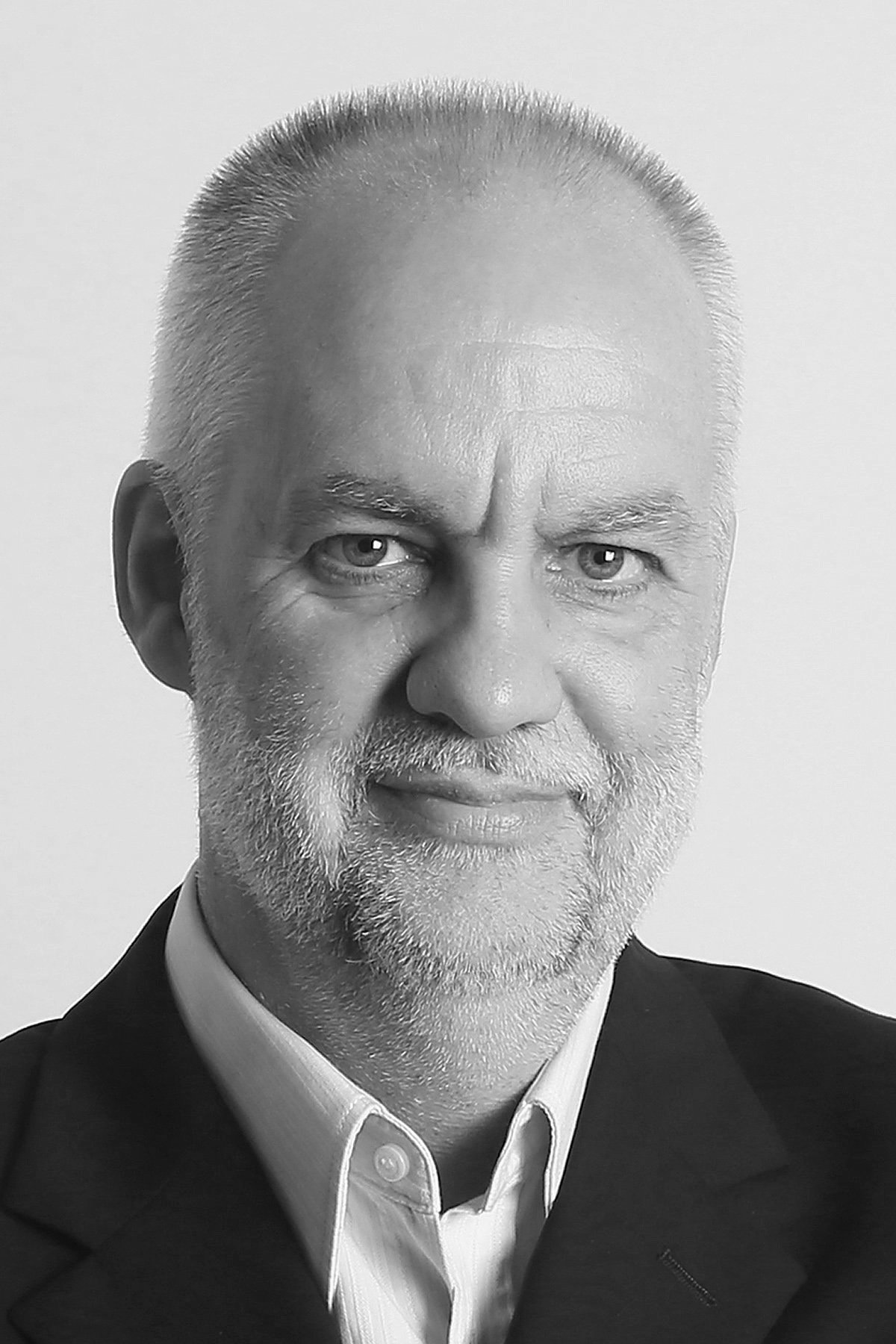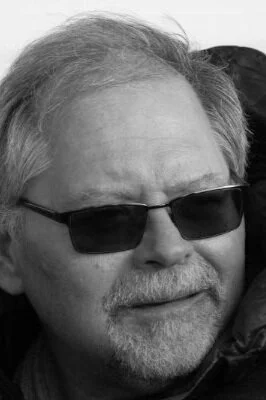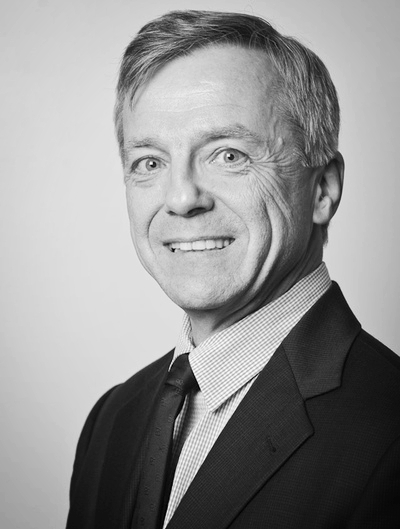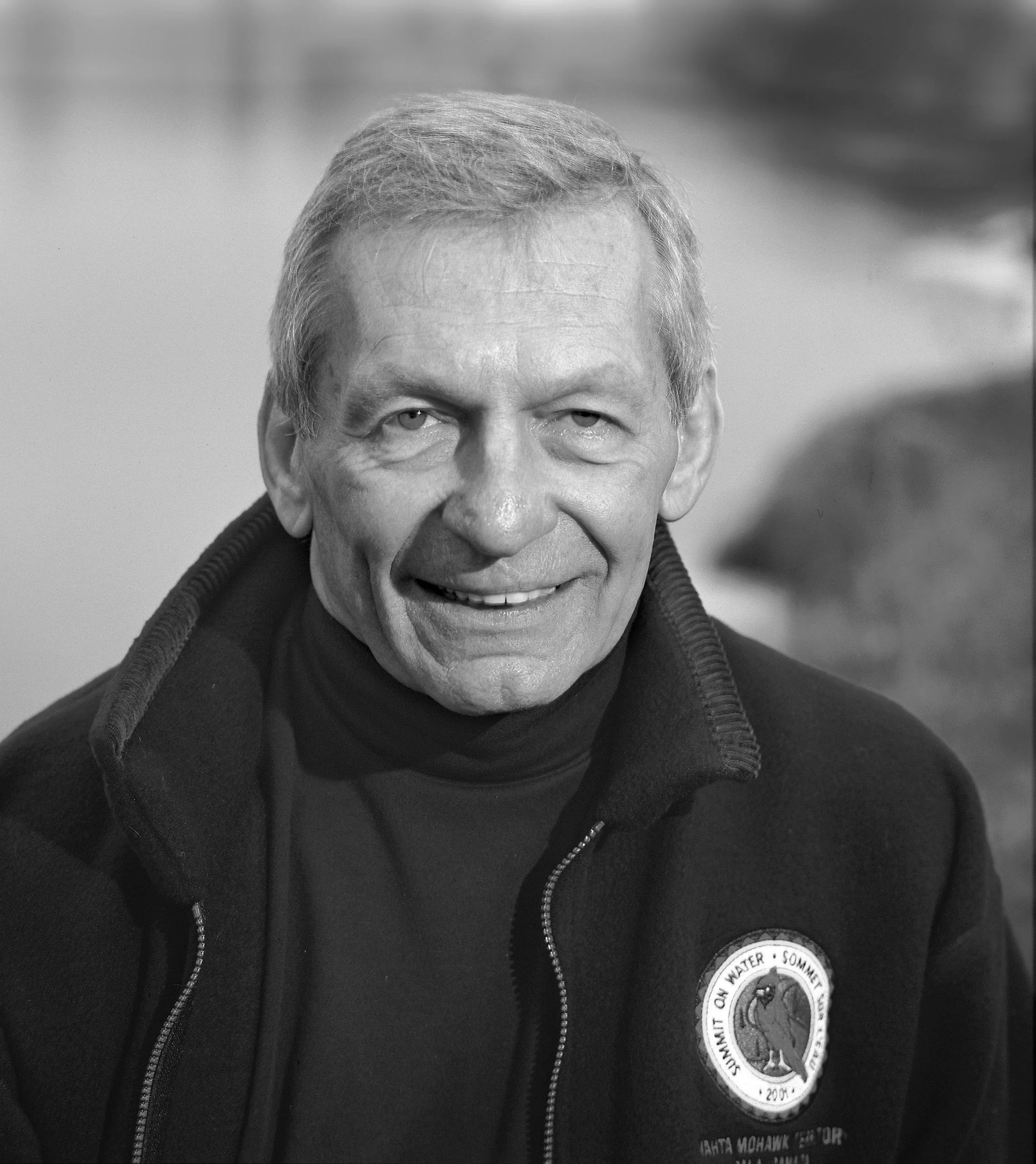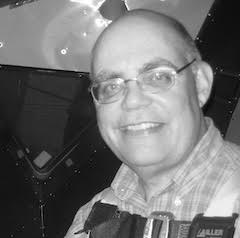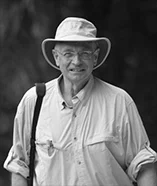The Sandford Fleming Medal for
Excellence in Science Communication
Since 1982, RCIScience has awarded the Sandford Fleming Medal and Citation annually to an individual working in Canada who has made outstanding contributions to science communication.
Nominations for the 2025 Sandford Fleming Medal are now open.
The nomination (2 pages maximum) should include a description of the nominee’s work and how it has impacted the public's understanding of science across Canada. Outreach should communicate science broadly and reach a wide audience. Where possible, please provide at least two letters supporting the nomination.
Nominations or questions can be emailed to: information@rciscience.ca.
Nominations must be submitted by June 30 2025.
More Details
Eligibility
Any individual working in a registered non-profit organization, post-secondary institution, museum, science centre or company, or freelance science communication professional within Canada may be nominated for the award.
Nominees will have made a successful and sustained effort to communicate science to the public to increase understanding of the broader area of natural sciences, social science, multi-disciplinary sciences, medicine, engineering, math and technology [“science”] outside of their specific area of expertise.
Consideration will be given to those nominees who have demonstrated their ability to speak about a broad range of scientific topics, not just their own research.
The individual must be able to speak to a general adult population (not K-12).
Posthumous or self-nominations will not be accepted.
Current RCIScience Board members are not eligible for nomination.
Past winners of a Fleming Medal are not eligible to be nominated a second time.
In order to qualify, the achievements of any nominee must be distinct from the organization as a whole.
Nomination Process and Selection Criteria
Anyone with direct knowledge of an individual’s contribution to science communication may nominate that candidate for the Fleming Medal.
Nominators may be colleagues or people who have benefited from the nominee’s contributions, such as teachers, parents, community members or administrators.
Such nominations may be supported by a letter from the organization confirming the distinct nature of the activities. Furthermore, no consideration will be given to any aspect of the organization or its activities during the review process.
The nomination package must include:
A completed, signed Science Communication Nomination Form submitted to the Executive Director, RCIScience, by the nomination deadline.
A letter or document (two pages maximum) that describes, or summarizes, the nominee’s:
efforts and involvement in inspiring public understanding of science;
the content, originality and scope of the nominee’s activities;
approach to science communication, including creativity in public engagement;
recent successful science communication or engagement activities demonstrating a diversity of audiences including, if possible, the impact and duration of the nominee’s activities (Note: Nominators are encouraged to include specific measures of impact).
Two signed letters of recommendation (no more than two pages each), or as deemed appropriate by the Awards Committee.
Supporting documentation (such as promotional material, participant feedback, media coverage, publications, awards) (no more than five pages).
Selection Process
Nominations are reviewed by the Awards Committee of the RCIScience Board of Directors.
The Chair of the RCIScience Board of Directors is the Chair of the Awards Committee, or a member nominated by the Chair of the Board of Directors.
It is recognized that occasionally members of the Awards Committee will know applicants or have other conflicts of interest. They will be expected to declare all such knowledge and conflicts of interests.
In the case of knowing an applicant the Chair of the selection panel will rule if this is significant enough for the Committee member to stand down for that applicant.
The Committee will not enter into any correspondence concerning its deliberations. All inquiries should be directed to the RCIScience Executive Director. Note that information on matters such as ranking, or names of unsuccessful nominees, will not be disclosed.
Nominations will be kept active for two years following submission to the RCIScience.
In any year, the Awards Committee will reserve the right to encourage submissions and award early and mid-career nominees, or honour someone late in their career.
If no nominations are deemed suitable, no award will be made.
Award Process
The award recipient will be expected to make themselves available without fee to give a public presentation about their achievements in science communication at which the Fleming Medal will be publicly awarded.
If the venue is at a significant distance from the award recipient’s home, the RCIScience will compensate for reasonable travel expenses. Alternatively, a virtual event may be held.
Medal and Citation Recipients
2024: Alanna Mitchell
During her 37 years as a journalist, author, playwright and theatre performer, Alanna Mitchell has been driven by a passion to democratize science. That means reporting on scientists’ findings in the usual journalistic ways. But Alanna does far more than that. She scours the scientific literature over time to find trends, grills scientists about them, travels to see their work in the field, investigates what they are discovering and then figures out the larger implications – across disciplines. She is able to synthesize vast amounts of new information and draw out meaning. Better still, she can write about it fluently and engagingly. That has led to five books of literary non-fiction. More surprisingly, it resulted in her becoming a playwright and theatre performer as a means of explaining some of her findings about the threats of climate heating for the global ocean. She wrote a non-fiction one-woman play (with help from two theatre directors) based on one of her books that she has performed for 10 years on four continents, including a U.S. premiere at the Kennedy Center last year. Literally thousands of people who would never read a science book or article have attended her award-winning play.
2023: Terry Collins
A knowledge translator for over 27 years, Terry Collins’ reporting has been picked up by journalists in Canada and worldwide, awakening public interest in and deepening understanding of diverse sciences, fostering political will, and mobilizing resources for change.
He has interpreted and explained the essence and importance of research findings from scores of scientific institutions, including ten UN bodies. His work has benefitted critical global causes and advanced many scientific careers. Most notably, Terry’s behind-the-scenes efforts made an impactful contribution to the UN’s historic Global Biodiversity Framework agreement in 2022.
The trust journalists have in Terry’s news judgement and accuracy has been the genesis of more than 110,000 online mainstream news articles in the past decade alone, generating more than 200 billion potential public impressions, over 2 billion of which were the result of 4,300 articles at 750 different Canadian online sites.
2022: Dr. Dawn Bazely
For more than 30 years, Dr. Dawn Bazely has been an advocate of science in Canada, a champion for women, marginalized and low-income students in STEM, and a promoter of Indigenous knowledge and wisdom.
An award-winning Professor in York University’s Faculty of Science, Dr. Bazely has an international reputation for excellence in teaching, research and science outreach. She is a mentor for early career scientists, co-founder of the Seneca College Science Communication Summer Institute and advocate for improved policy to make science more inclusive.
She has organized and participated in countless public science events, media interviews and documentaries, speaking about her ecological research and as an expert commentator on a wide range of science and science-policy issues. She is often consulted by policy makers from diverse sectors ranging from conservation biology to ecotourism and climate change adaptation. Her leadership, advocacy, and expertise make her a champion of access to science knowledge and a fierce leader in evidence-informed policy making.
2021: André Picard
For over 30 years, André Picard has contributed to the national public conversation on health and medicine. In addition to being a staff writer at The Globe and Mail, he is the author of six bestselling books, including his most recent Neglected No More: The Urgent Need to Improve the Lives of Canada's Elders in the Wake of a Pandemic. Without his contributions, Canadians today would undoubtedly be less knowledgeable, less healthy and policymakers less accountable in their actions on a range of medical and social issues.
From the AIDS epidemic and blood crisis of the mid-80s to addiction, abortion, assisted death, mental health and today’s global COVID-19 pandemic, Mr. Picard’s writing consistently puts a human face on medical science and health policy, marrying scientific precision with sincere and principled compassion.
2020: Timothy Caulfield
Celebrate author, television presenter and researcher synonymous with the fight against misinformation. As one of Canada’s most prominent voices on the subject, he works tirelessly against the tide of mis- and dis-information, in particular relating to health advice.
2019: Dan Falk
One of Canada’s most active science writers and communicators. A regular contributor to several CBC Radio programs, including Ideas and Quirks & Quarks. His books have been translated into French, Portuguese, Hebrew, and Chinese.
2018: John Smol
International ambassador for science, emphasizing by example and action the value of research, community engagement, education and policy advocacy.
2017: Pierre Chastenay
Celebrated author and presenter working tirelessly to ensure science is taught well in schools in Quebec and the Francophone world.
2016: Ivan Semeniuk
Former senior correspondent with Nature and New Scientist. Currently science reporter for the Globe and Mail. A strong voice in science communication around the world.
2015: Molly Shoichet
Prioritizes communicating the excitement of scientific discoveries to the public through lectures and public events. “It is the ‘geeks’ who change the world. Embrace the geek in you, make a difference, and tell people about it.”
2014: Penny Park
Ensured that the traditional media outlets of print, radio and television can bring accurate and fascinating scientific information to the Canadian public.
2013: Chris Hadfield
Chris’ prolific use of social media during his mission as Canadian Commander of the ISS gave the world insights into the daily experience of living in space, endearing him to people worldwide and inspiring a renewed enthusiasm for space exploration.
2012: Robert Thirsk
First Canadian astronaut to fly a long-duration expedition aboard the International Space Station. a strong promoter of a Canadian economy based on exploration and innovation.
2011: John Dirks
Canadian physician trained in nephrology. Emeritus President and Scientific Director of the Gairdner Foundation, a group that awards major international prizes in biomedicine. Appointed to the Order of Canada in 2006 and the Canadian Medical Hall of Fame in 2012.
2010: Paul Delaney
Oversees York University’s Astronomical Observatory and its associated Public Outreach activities. Has written numerous articles on astronomy for local newspapers and magazines and has been a regular radio and television commentator, elaborating upon recent astronomical discoveries and the highlights of space missions.
2009: David Schindler
Killam Chair and Professor Ecology at the University of Alberta in Edmonton, he is well known for his many public presentations and lay articles on issues concerning freshwater and boreal landscapes. His work has influenced policies to control eutrophication and acid rain.
2008: Henry Lickers
A Haudenosaunee citizen of the Seneca Nation and a member of the Turtle Clan, for many years he has been the Director of the Department of Environment for the Mohawk Council of Awkesasne. He has mentored many young members of the First Nations, teaching them the ways of modern science, strengthened by the insights and values of his own people.
2007: Peter Calamai
National science writer for the Toronto Star since 1998, he has received three major science journalism awards in this period. It is the responsibility of science journallists to develop an understanding of science in their readers by telling its exciting, controversial, and sometimes troubling stories. He has worked tirelessly and passionately to tell those stories.
2006: Paul Fjeld
Internationally-known space artist, writer, commentator and author. His extraordinary talent is able to capture what the camera does not, to comment on exploration and adventure, to take you to places you could not go, and to document the scientific and technological pursuits of the U.S. space program for history.
2005: Joe Schwarcz
Scientist, teacher, writer, broadcaster dedicated to making chemistry fun, comprehensible and relevant. His ability to make science highly accessible has been recognized through numerous awards.
2004: M.Brock Fenton
Biologist, educator, internationally respected expert on bats, gifted classroom and TV communicator on conservation and ecology, developed bat walks and exhibits, author of popular books about bats.
2003: Robert Buckman
Renowned oncologist, comedian, author, and president of the Humanist Association of Canada.
2002: Bob McDonald
Science correspondent, host of CBC’s Quirks and Quarks, producer, writer/host of educational videos and books.
2001: J. N. Patterson Hume
Pioneer of use of film and video in science education in Canada and U.S.A. during the 1950s and 1960s. With Dr Donald Ivey, wrote Focus on Physics, Two for Physics, The Nature of Things, Frames of Reference and Random Events; teacher of physics and computer science; Chair of Computer Science, U of T, 1975.
2000: Ursula Martius Franklin
Engineer, teacher, researcher, active in the public arena on issues of education, peace, human rights and the social impact of science and technology; Companion of the Order of Canada and Senior Fellow, Massey College, U of T.
1999: John Charles Polanyi
Teacher, author, internationally-renowned advisor on science policy, the control of armaments and peacekeeping; recipient of 1986 Nobel Prize in Chemistry.
1998: Sid Katz
Teacher, broadcaster, writer and award-winning science communicator.
1997: John R. Percy
1996: Derek York
1995: Eve Savory
1994: Edward Struzik
1993: Carol Gold
1992: Terence Dickinson
1991: Annabel Slaight
1990: Joan Hollobon and Marilyn Dunlop
1989: Fred Bruemmer
1988: Fernand Seguin
1987: J. Tuzo Wilson
1986: Jay Ingram
1985: Helen Sawyer Hogg
1984: Lister Sinclair
1983: Lydia Dotto
1982: David Suzuki






